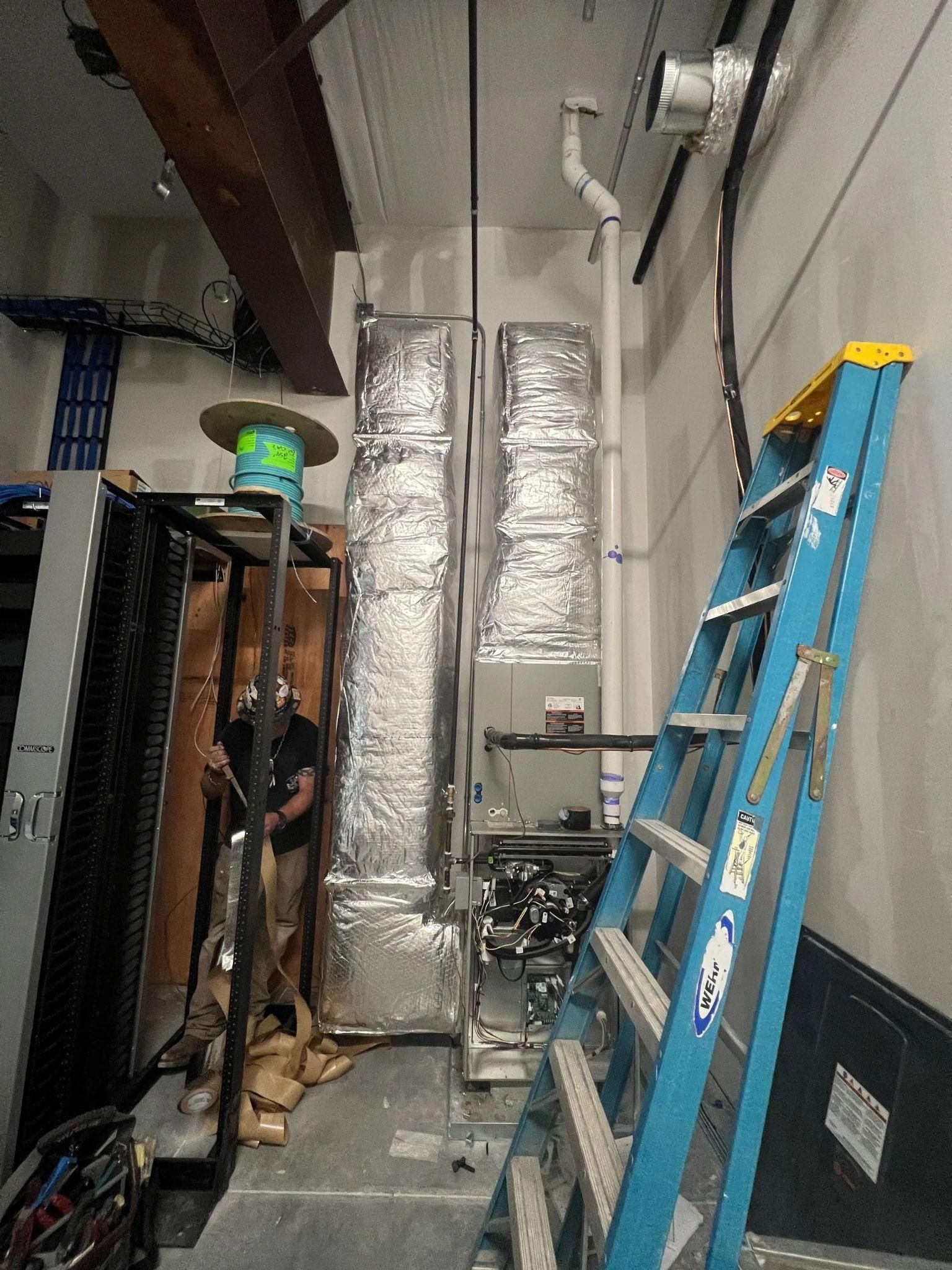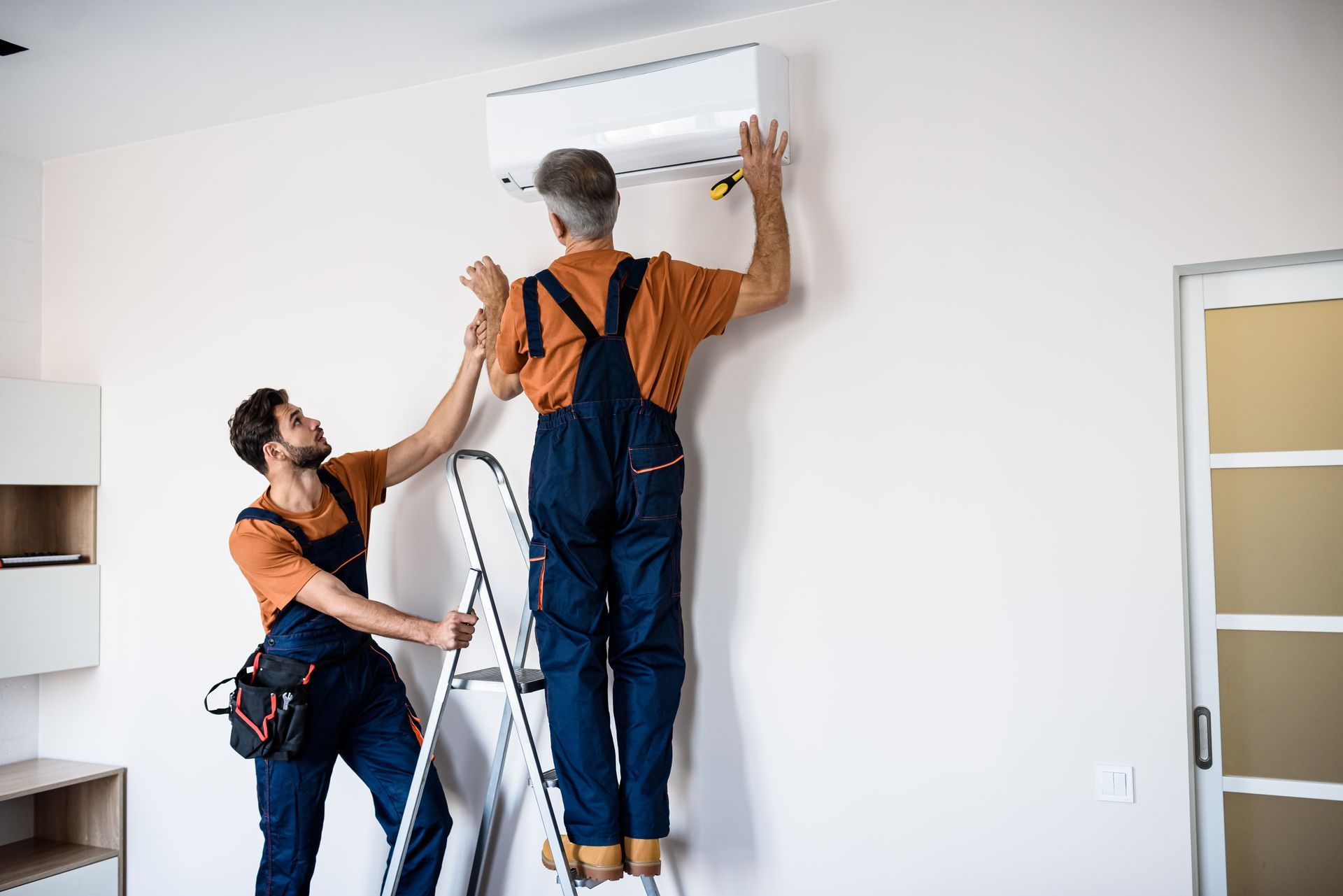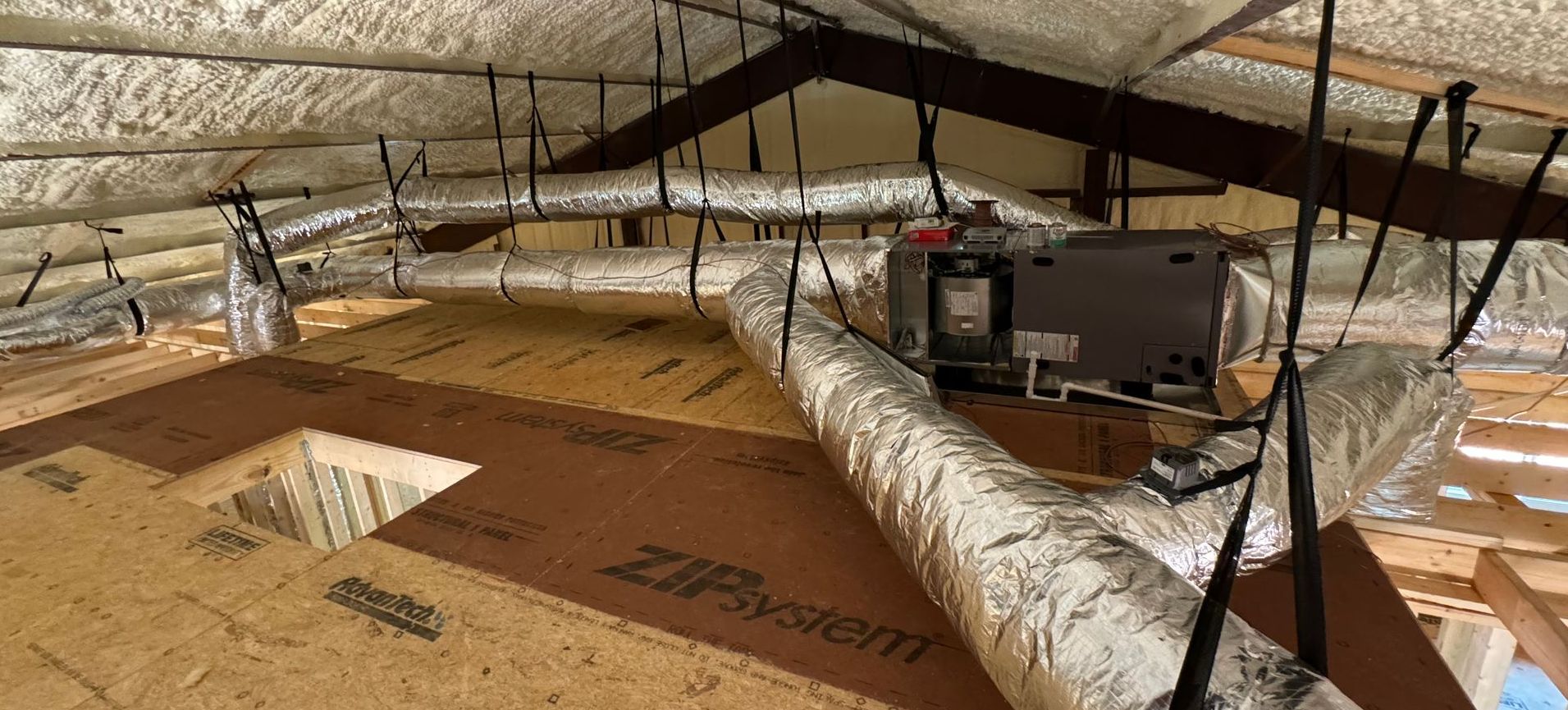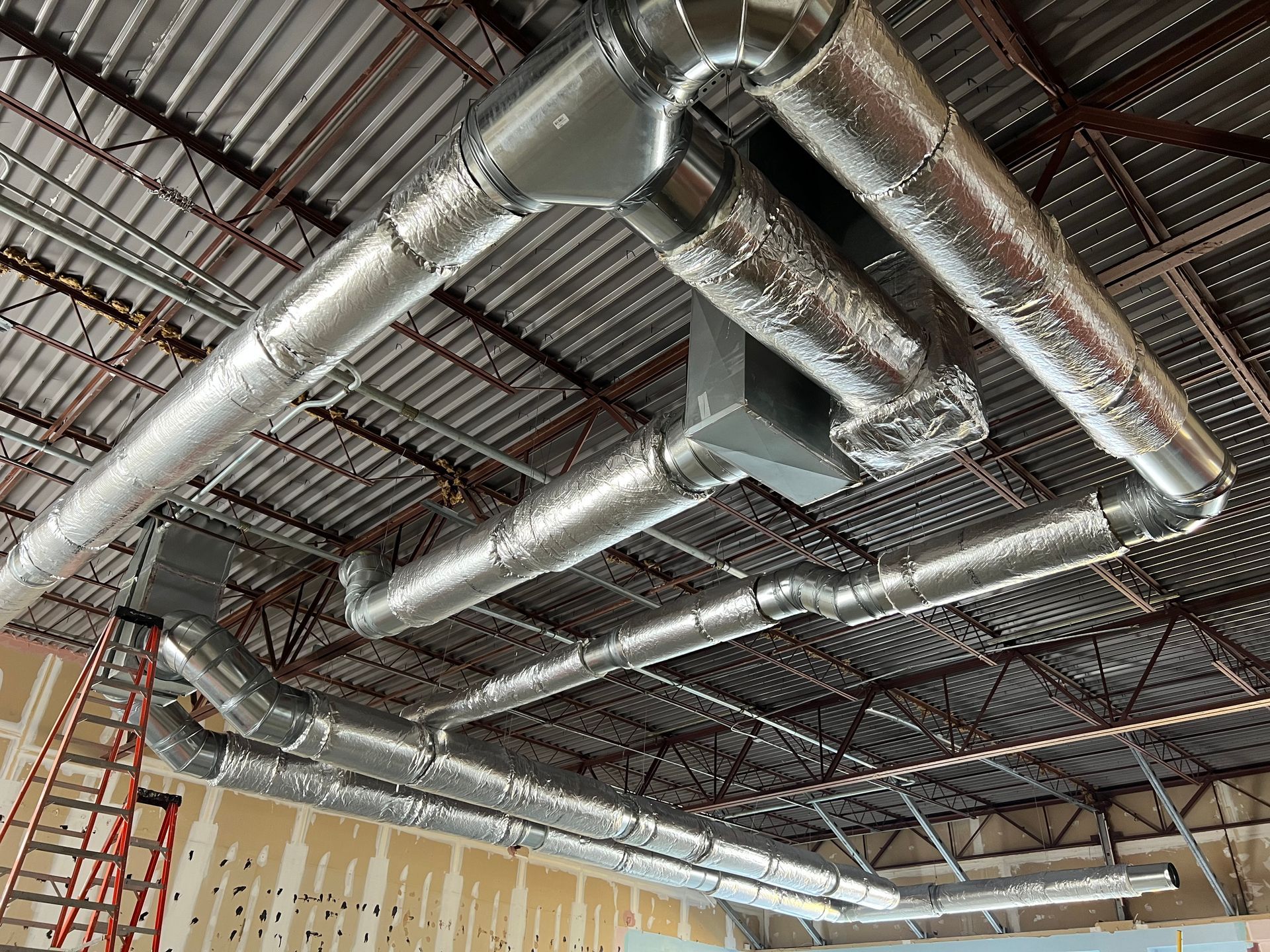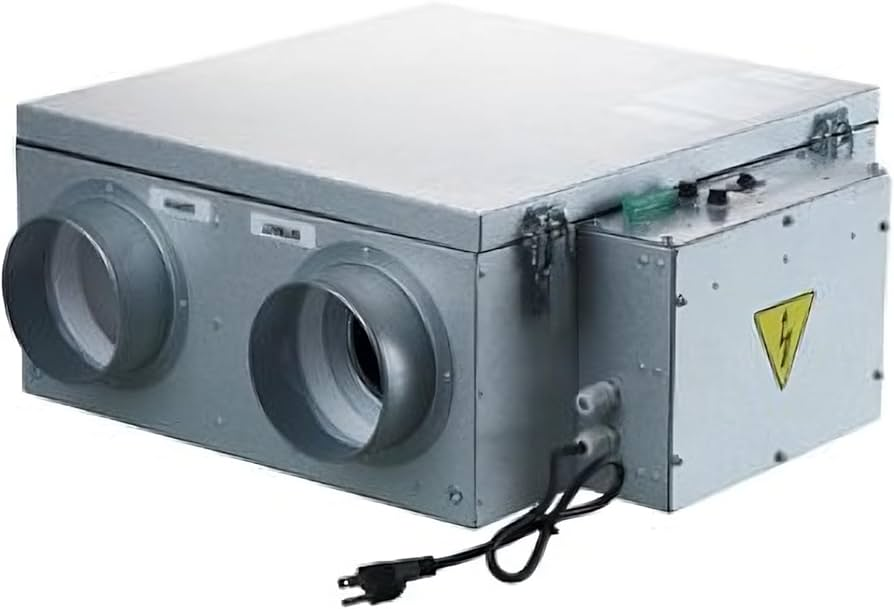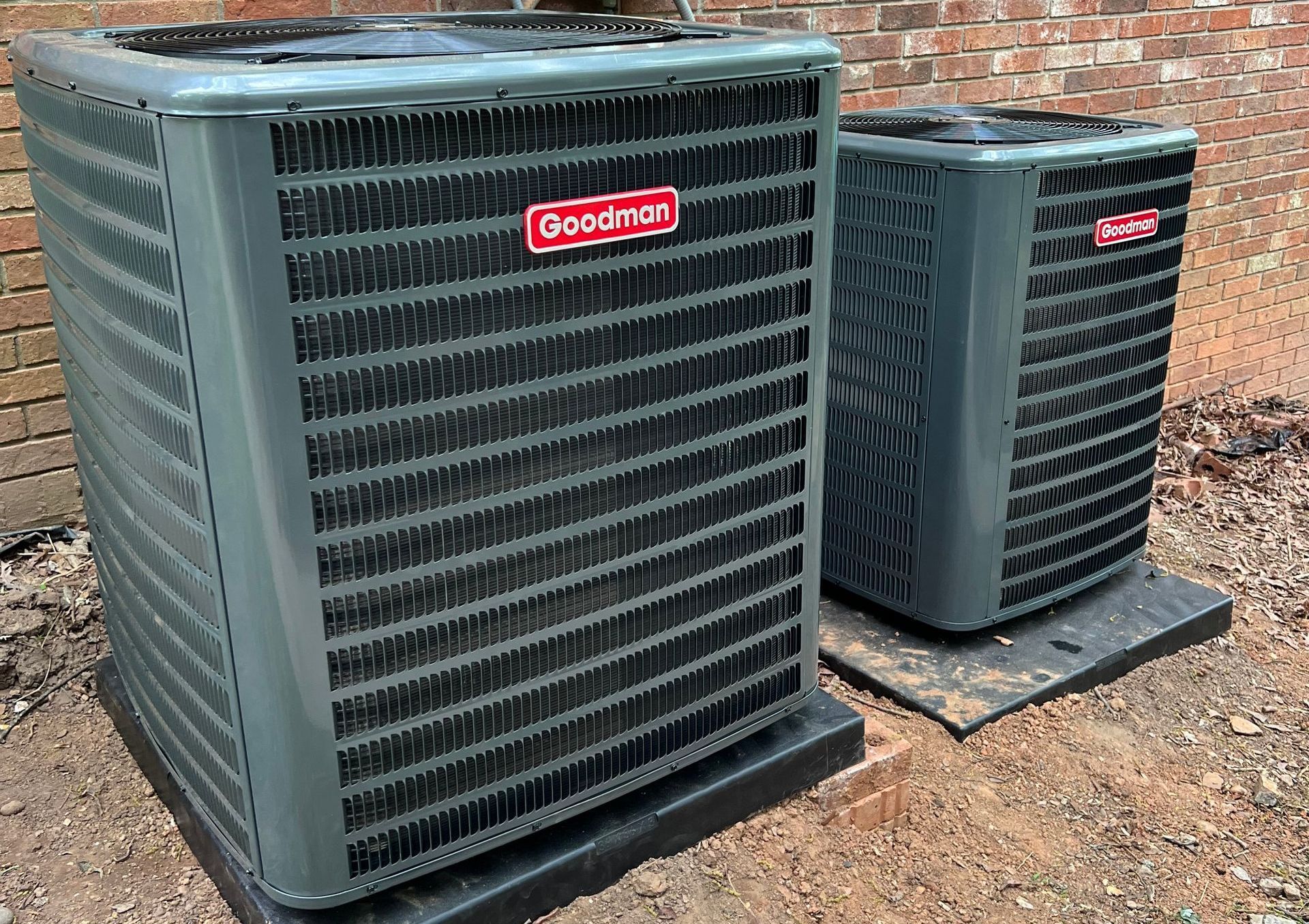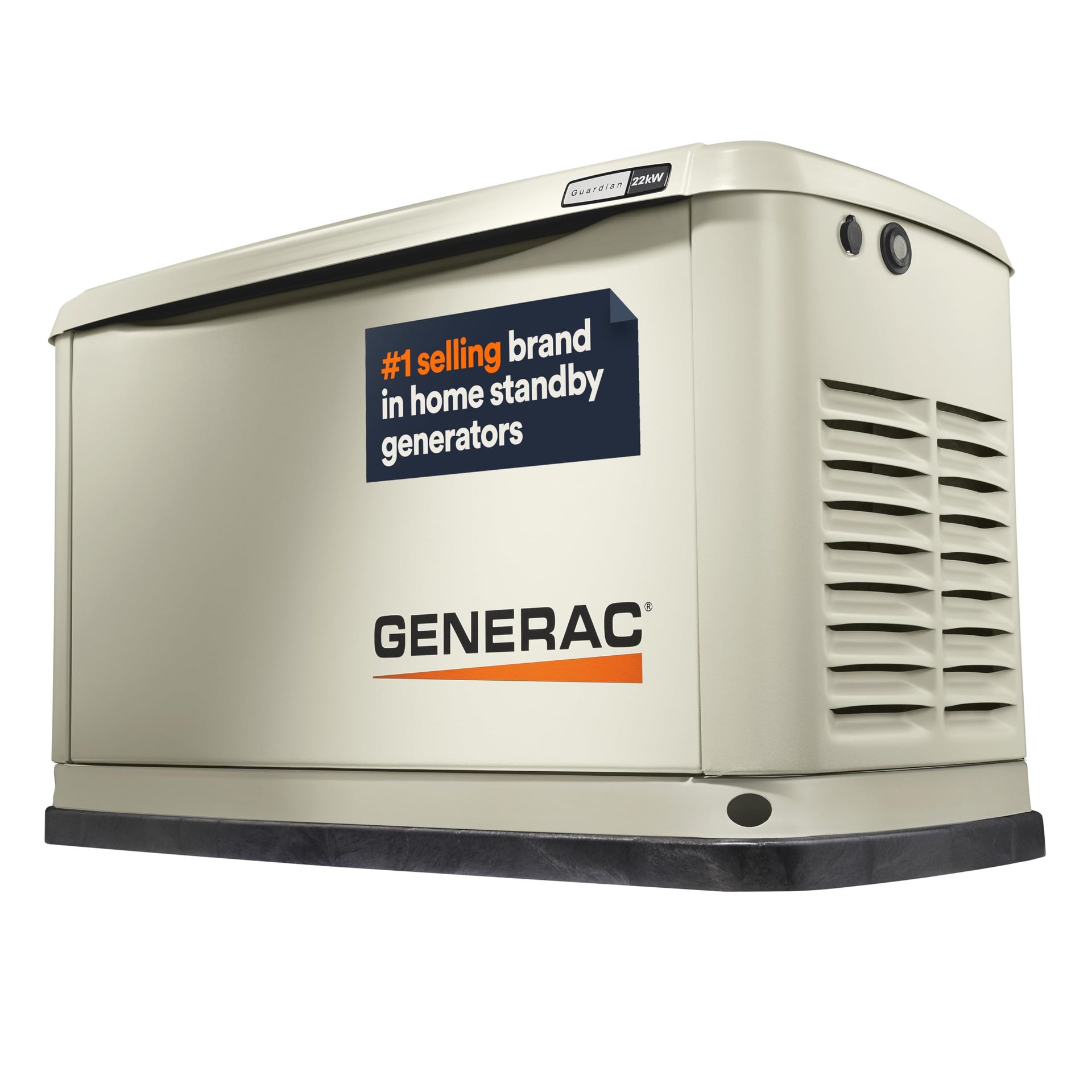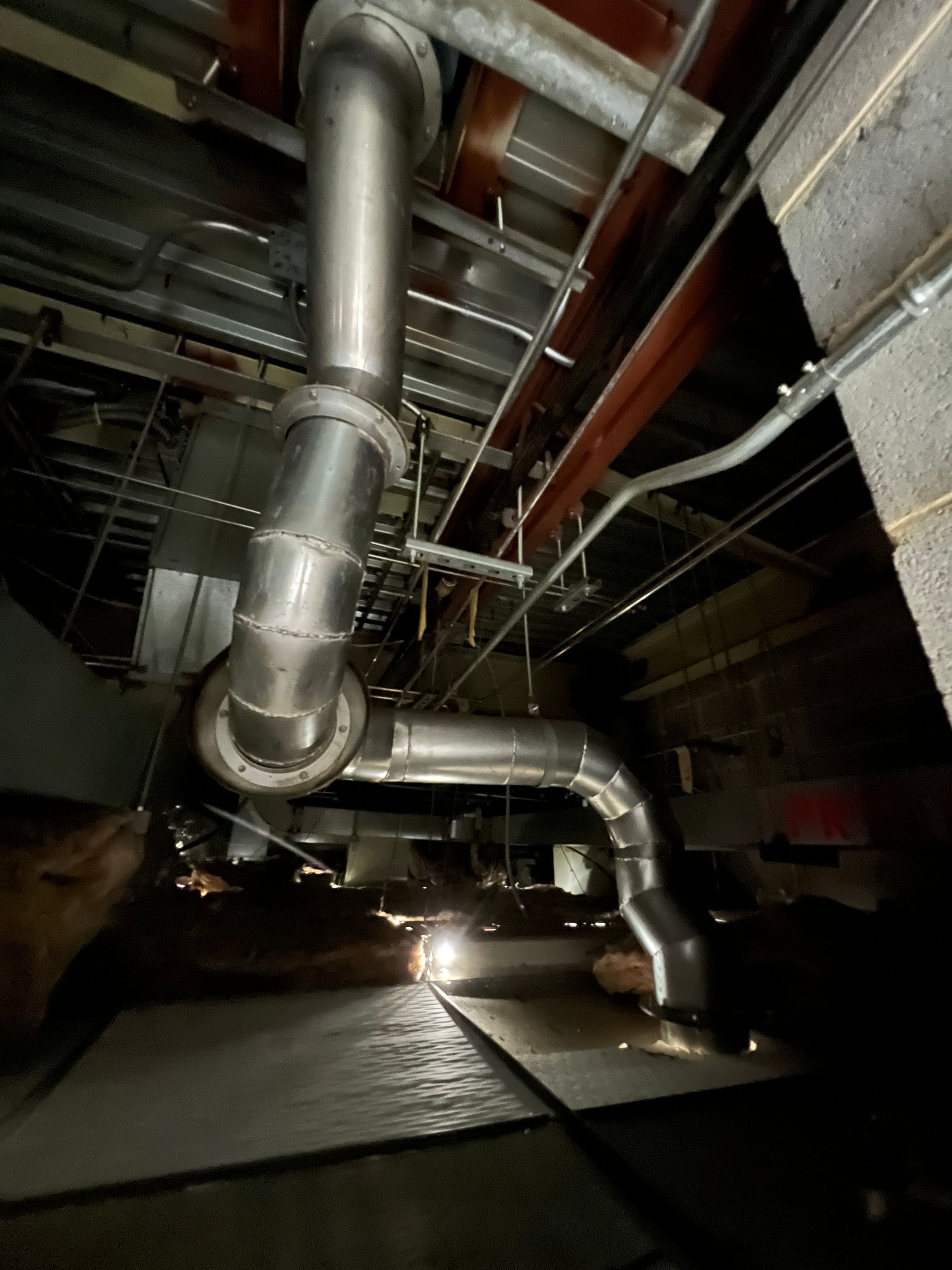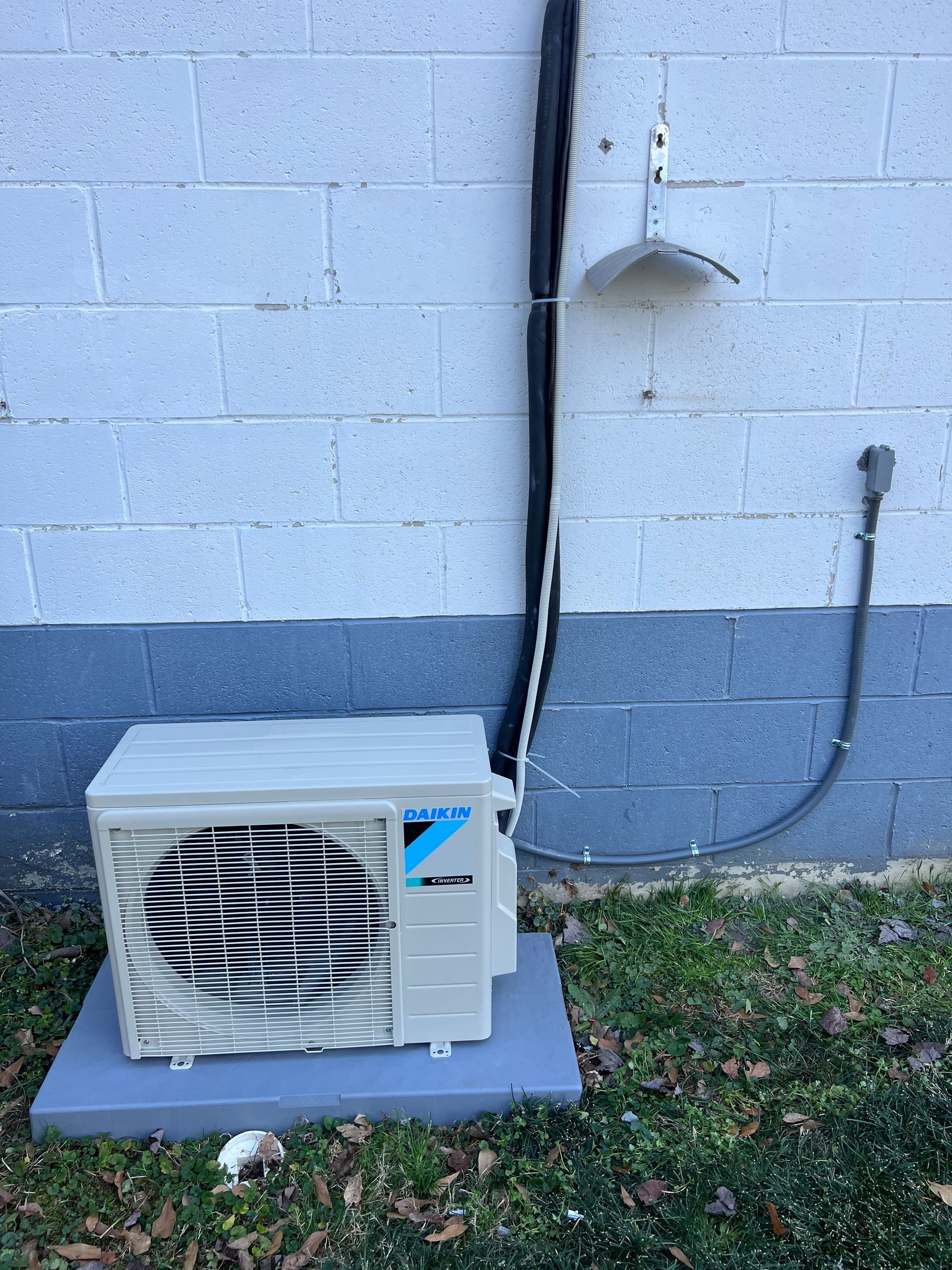Are Home Generators Bad for the Environment? What to Know
Generators keep your home running when the power goes out, but how do they impact the environment? The short answer—some are worse than others. Many generators burn fuel, release harmful emissions, and waste energy. However, newer models and alternative power sources offer cleaner, more efficient options.
If you’re considering a generator or already own one, understanding its environmental impact can help you make a smarter choice.
Let’s break it down so you can balance reliable power with lower emissions.
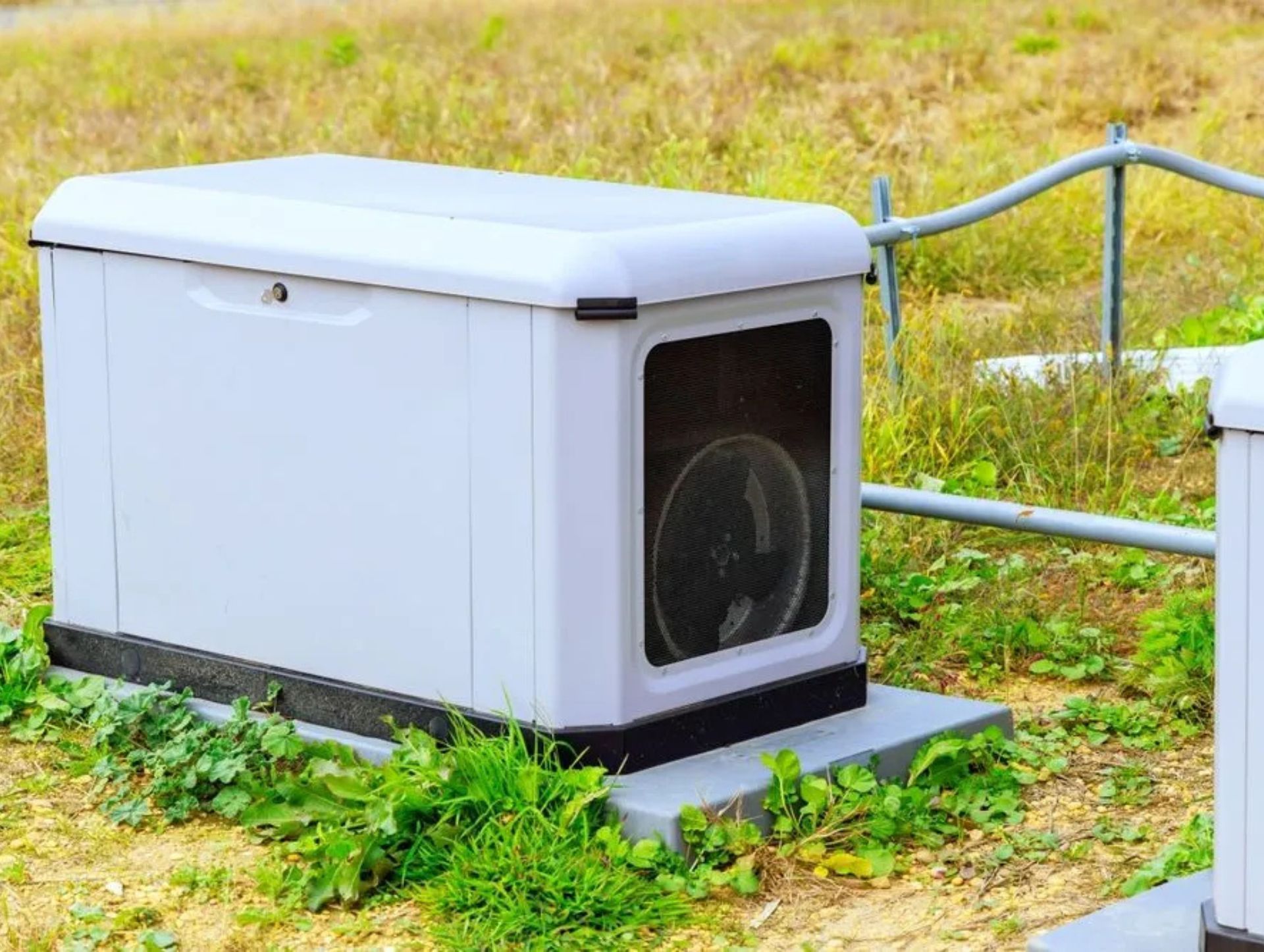
How Do Home Generators Work?
Home generators provide backup power by converting fuel or stored energy into electricity. The type of generator you choose determines its environmental impact.
Here are the three main types:
- Portable Generators – Small, gas-powered, and great for short-term use. Handy for storms but not the best for the environment.
- Standby Generators – Permanently installed and kick on automatically. They run on natural gas or propane and are great for long outages.
- Battery-Powered Generators – Chargeable units that store electricity. They can pair with solar panels for a cleaner option but have limited power.
Each type affects the environment differently, mostly depending on its fuel source.
Do Home Generators Cause Pollution?
Yep, most home generators create pollution because they burn fuel to make electricity. The type of pollution depends on what they run on.
Here’s a quick breakdown:
- Carbon Dioxide (CO₂) – Contributes to climate change by trapping heat in the atmosphere. Gas, diesel, and propane generators all release CO₂.
- Carbon Monoxide (CO) – A toxic gas that is odorless and invisible. Gas and diesel generators produce high levels of CO, which is why they must never run indoors.
- Nitrogen Oxides (NOₓ) & Particulates – These harm air quality and contribute to smog and respiratory issues. Diesel generators are the worst offenders.
Cleaner Alternative:
✅ Battery-powered generators produce zero emissions and, when charged with solar panels, become the most eco-friendly option.
Which Fuels Are Better for the Environment?
Not all generator fuels affect the environment in the same way. Some pollute more than others.
Here’s how they stack up:
- Gasoline & Diesel – The worst for the environment. Diesel, especially, releases thick exhaust and harmful chemicals that can make it harder to breathe.
- Natural Gas & Propane – A cleaner choice than gasoline or diesel. They still release CO₂, but propane is the better option since it doesn’t expire or degrade over time.
- Solar & Battery-Powered – The best option for the planet. No emissions, no pollution—just clean energy. The only downside? They need to be recharged, so they work best when paired with solar panels.
If you’re looking for a middle ground,
propane or natural gas is a better choice than gasoline or diesel. But for the cleanest option,
battery-powered generators with solar charging win every time.
Do Generators Waste Energy?
Yes, some generators waste a lot of energy, especially older or cheaper models.
Here’s how:
- Unnecessary Fuel Use – Some generators burn the same amount of fuel no matter how much power you actually need.
- Inefficient Burning – Some models don’t convert fuel into electricity well, so they use more than necessary.
- Running Too Long – Many people keep generators on longer than needed, wasting fuel and increasing pollution.
Newer standby generators are more fuel-efficient because they adjust fuel use based on power demand. Battery-powered generators store energy efficiently instead of wasting excess fuel.
Upgrading to a better generator
can reduce waste and pollution.
How to Reduce the Environmental Impact of Your Generator
If you rely on a generator, there are ways to cut down on pollution and fuel waste:
- Run It Only When Necessary – If you don’t need it, turn it off. Less runtime means less fuel burned.
- Keep It Maintained – A well-tuned generator runs more efficiently. Check the oil, clean the filters, and service it regularly.
- Choose a Cleaner Fuel – Propane and natural gas pollute less than gasoline or diesel. If your generator allows fuel options, pick the cleaner one.
- Consider a Battery Backup – For short outages, a battery-powered system is a cleaner, quieter alternative.
Even small changes can make a difference, reducing emissions and saving on fuel.
Should You Still Buy a Generator?
If power outages are a regular problem, a generator can be a smart investment.
Choosing the Best Generator for Your Home:
- Need power for days? A standby generator using natural gas or propane is more efficient and cleaner than diesel.
- Need backup for a few hours? A battery-powered generator is the quietest and most eco-friendly choice.
- Looking for a long-term green solution? Solar panels with battery storage provide power without emissions.
Generators can be useful, but choosing the right one—and using it wisely—helps limit pollution and fuel waste.
Frequently Asked Questions
Are Generators Bad for the Environment?
Generators release emissions that pollute the air and contribute to climate change, affecting people and nature.
Can You Use a Generator Indoors?
No, generators should always be outside—never inside the house, garage, or near open windows or doors.
Is There a Cleaner Alternative to Traditional Generators?
Yes, solar-powered generators use the sun’s energy to provide electricity without pollution.
How Far Should a Generator Be from Your House?
Place portable generators at least 20 feet away from doors, windows, and vents to prevent carbon monoxide exposure.
Is It Safe to Run a Generator Overnight?
Never leave a generator running unattended. Turn it off before sleeping or leaving home.
What Happens If a Generator Runs Out of Gas?
Running out of fuel can overheat the engine and cause damage, so keep an eye on the fuel level.
Need Help Choosing the Right Generator?
Generators provide valuable backup power, but they can contribute to pollution and fuel waste. The good news? You can lower their impact by choosing cleaner fuels, keeping up with maintenance, or switching to battery-powered backup.
Looking for expert advice? Arrow HVAC can help. Contact us today to find the right generator for your home with less environmental impact.
